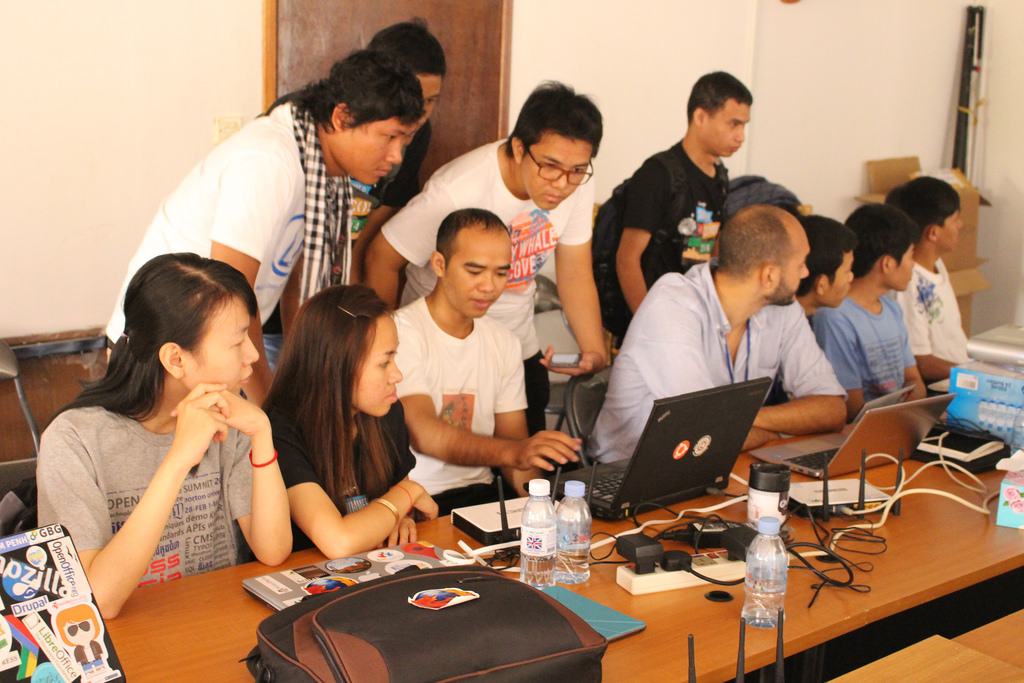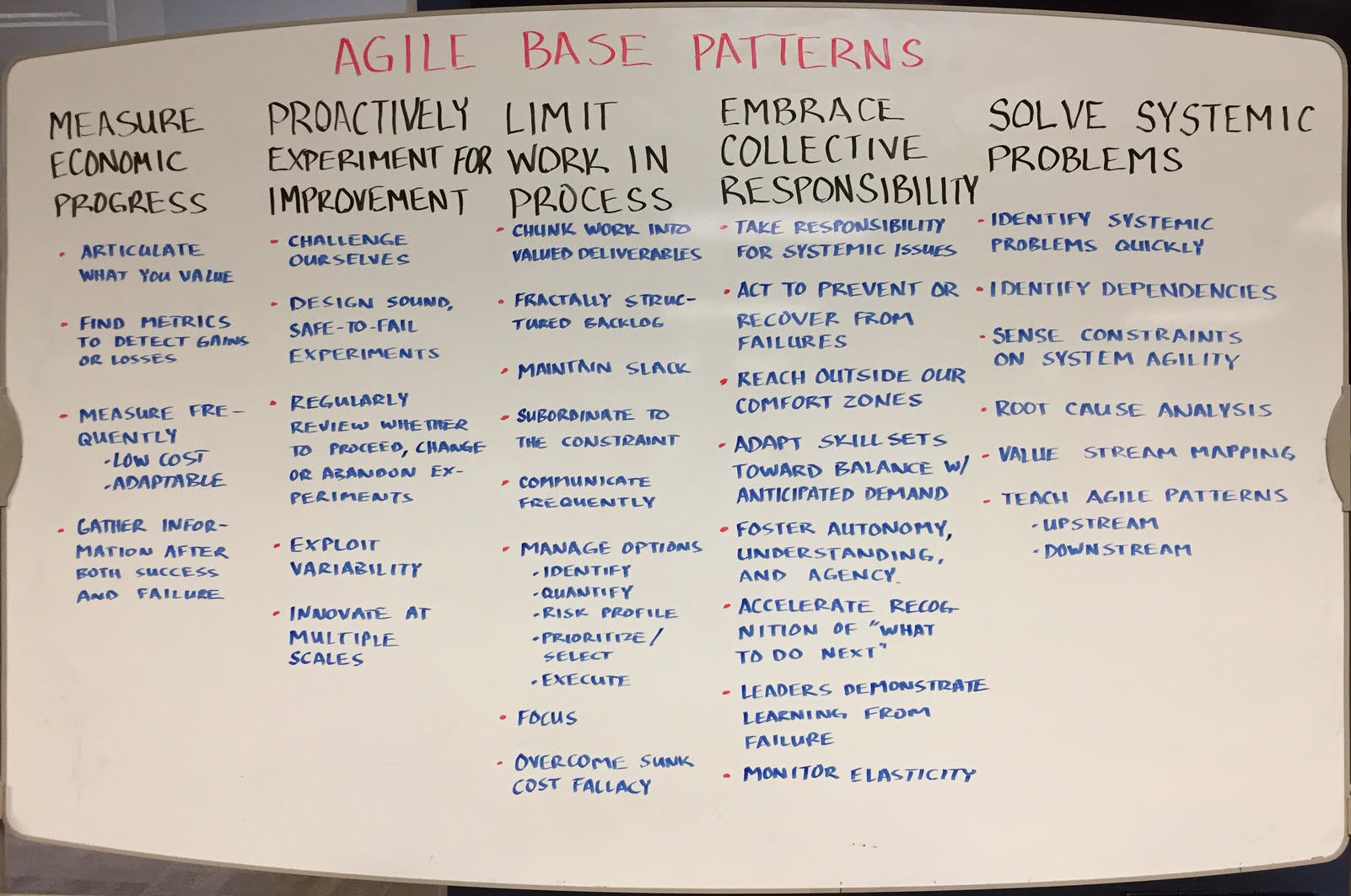-

Deliver Incremental Value in Rhythmic Timeboxes
Establish a steady rhythm of value delivery and improvement by working in fixed time increments, called timeboxes. Deliver at least one increment of customer value per timebox.
-

Business Agility: Why & How
Business agility helps organizations adapt rapidly to unexpected changes. Agile businesses have survived market, supply chain, and regulatory changes, while rigid businesses have gone bankrupt. If you want to know why your business should be agile, and how to get there, you’ve come to the right place.
-

Align to a Driving Purpose
People are working. Their efforts should produce something important. But… Unfocused activities produce poor results
-

Agility Context: We have a goal requiring creative effort. We want to succeed. Overplanning increases risk … When embarking on a creative project, success seems certain. We plan optimistically, and then almost immediately after we start, delays and challenges emerge. The plan and likely outcome keep diverging. We become more realistic. We double down on…
-

Leading Indicators to Assess Agile Portfolio Health
In this podcast, Dr. Dan Greening is back to follow up in the earlier podcast interview about Agile Base Patterns. This time, Dan and Dave Prior discuss leading indicators you can study to assess Agile Portfolio Health. During the podcast, they dig in to metrics that can be used to assess Lead Time, Abandoned Work and Fitness Functions. Podcast…
-

Agile Living
What I’m looking for in the dharma is not just a set of effective self-help techniques, stripped of philosophical and ethical context. I’m seeking to find a way of life. —Stephen Batchelor Two years ago, I paused writing about agile practices. Many factors contributed: I was considering a move to Asia, I was separating from my spouse of 28…
-

Is Agile a Subset of Lean Manufacturing?
If you hang around agilists long enough, someone will mention lean manufacturing, Toyota Production System or Kanban. Since these concepts predate Agile, you might wonder how they relate, and perhaps why lean manufacturing wasn’t directly applied to software (until perhaps recently with Lean/Kanban). You might wonder whether Agile is just a subset of Lean Manufacturing.
-

Fix Systemic Problems
Context: When unimpeded by outside forces, we rapidly adapt to circumstances and succeed, but this perfect independence rarely exists. Problem: External factors limit our flow … We don’t have the knowledge, specialty resources, elasticity or authorization to do everything ourselves, but relying on others puts us at risk.
